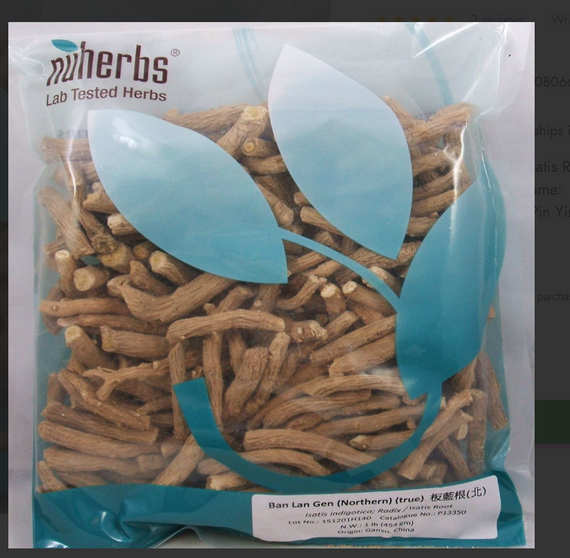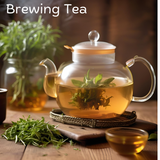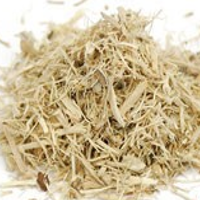

Nuherbs Organic
Isatis Root (Ban Lan Gen) Certified Organic Cut 1 lb - Nuherbs
Ban Lan Gen (Isatis Root) Certified Organic Cut Herb (1 lb) — Traditional Throat & Seasonal Support Ban Lan Gen (板蓝根), also called Isatis Root or Radix Isatidis, is a classic “clear heat and...


 Feeling foggy, sluggish, or just plain worn out? You’re in good company—and thankfully, there’s a time-tested herbal ally that might help. Whether you’re dragging through your afternoon, struggling to bounce back from burnout, or simply want more mental clarity and physical stamina, Eleuthero Root has been a go-to herb for centuries.
Feeling foggy, sluggish, or just plain worn out? You’re in good company—and thankfully, there’s a time-tested herbal ally that might help. Whether you’re dragging through your afternoon, struggling to bounce back from burnout, or simply want more mental clarity and physical stamina, Eleuthero Root has been a go-to herb for centuries. A Quick Trip Down History Lane
A Quick Trip Down History Lane





